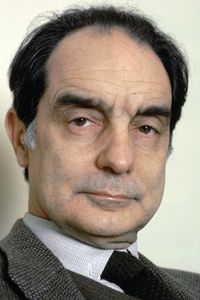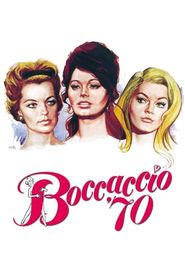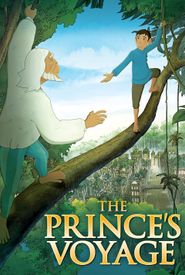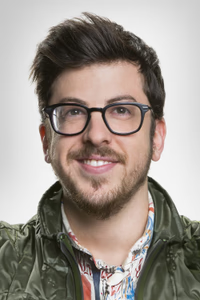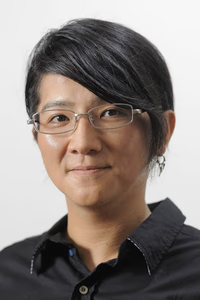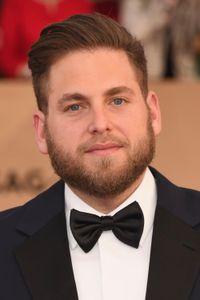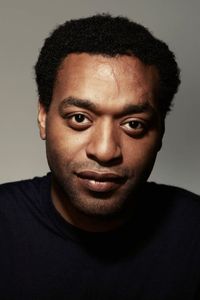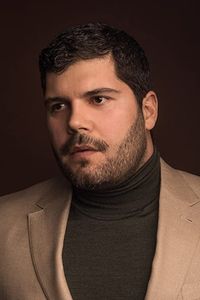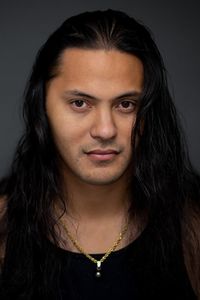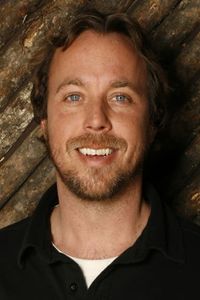Italo Calvino, the renowned Italian writer and journalist, was born on October 15, 1923, in Santiago de las Vegas, a suburb of Havana, Cuba. His father, Mario, was a tropical agronomist and botanist who had previously lived in Mexico, where he held an important position with the Ministry of Agriculture. Mario Calvino had emigrated to Mexico in 1909, and before that, he was a follower of Kropotkin and a Socialist Reformist.
Italo Calvino's mother, Giuliana Luigia Evelina "Eva" Mameli, was a botanist and university professor. She was born in Sassari, Sardinia, and was 11 years younger than her husband. Eva married while still a junior lecturer at Pavia University and was a pacifist who was educated in the "religion of civic duty and science". She gave Calvino his unusual first name to remind him of his Italian heritage, although he later thought it sounded "belligerently nationalist".
Calvino's parents were very different in personality, and he struggled to relate to poverty and the working-class. As an adolescent, he found it difficult to connect with the laborers who would visit his father's study on Saturdays to receive their weekly paycheck. In 1925, the family returned to Italy and settled permanently in Sanremo on the Ligurian coast. Calvino's brother, Floriano, who became a distinguished geologist, was born in 1927.
Calvino went on to write many notable works, including the Our Ancestors trilogy, the Cosmicomics collection of short stories, and the novels Invisible Cities and If on a winter's night a traveler. He was admired in Britain, Australia, and the United States, and was the most translated contemporary Italian writer at the time of his death. Calvino is buried in the garden cemetery of Castiglione della Pescaia in Tuscany.
